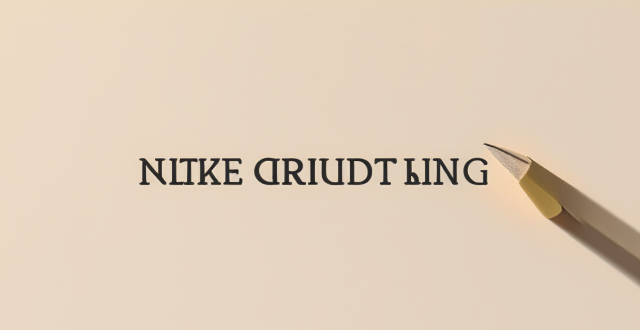Efficient note-taking is crucial for revision and studying. Use the Cornell Method, highlight key information, use abbreviations and symbols, organize your notes, and review them regularly to improve retention and prepare for exams.

How to Make Efficient Notes for Revision Purposes
When it comes to revision and studying, having efficient notes is crucial. Here are some tips on how to make effective notes that will help you retain information better:
1. Use the Cornell Method
The Cornell Method is a popular note-taking system that involves dividing your paper into three sections. This method helps you organize your notes in a way that makes them easier to review later.
- Left Column: Write questions or keywords related to the main ideas of the lecture or reading material.
- Right Column: Take detailed notes during class or while reading. Use short phrases and bullet points instead of full sentences.
- Bottom Row: Summarize the main points of your notes in this section after class or after finishing your reading.
2. Highlight Key Information
Highlighting key information can help you quickly identify important concepts when reviewing your notes later. However, be careful not to overdo it, as too much highlighting can make everything seem equally important.
3. Use Abbreviations and Symbols
Using abbreviations and symbols can save time and space in your notes. For example, you might use "&" instead of "and," or "b/c" instead of "because." Just make sure you remember what each symbol means!
4. Organize Your Notes
Keep your notes organized by using folders, binders, or digital tools like Google Drive or Evernote. This will help you find specific topics more easily when it's time to review.
5. Review Your Notes Regularly
Finally, review your notes regularly to reinforce what you've learned and identify any areas where you may need additional clarification or practice. This will help you retain the information better and be more prepared for exams or other assessments.